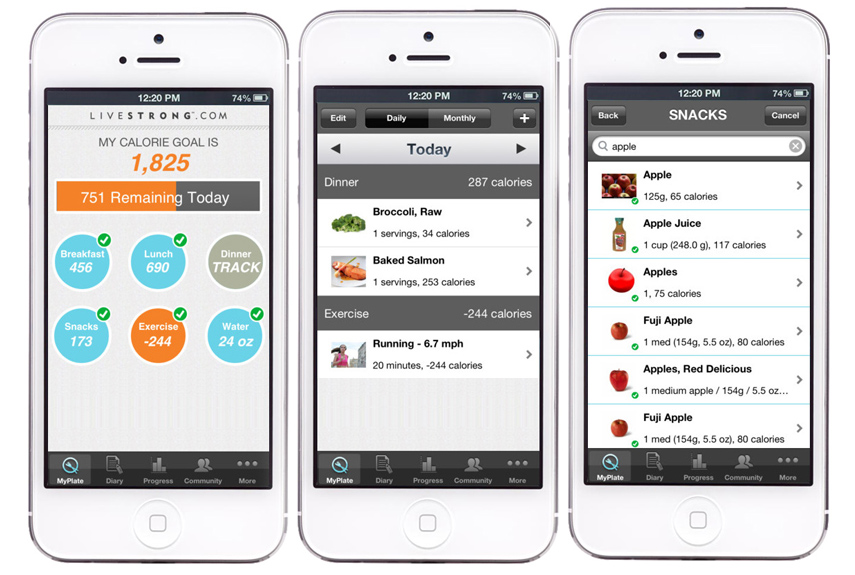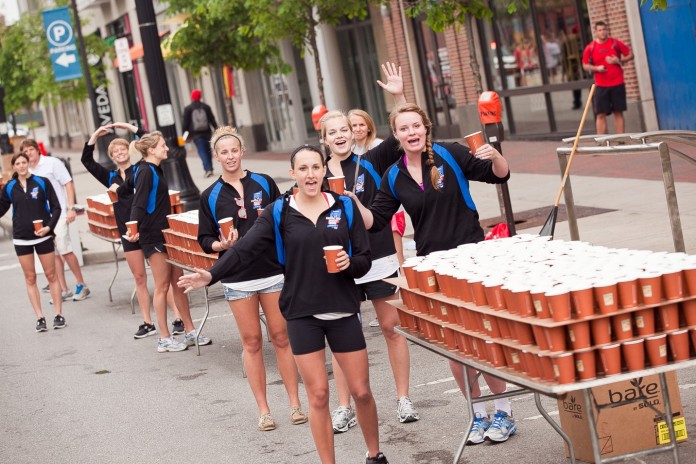Don’t get us wrong – we’re not suggesting you count your calories here. That would most certainly create an unhealthy relationship with food. What you should do is understand what you’re fueling your body with and when.

How much do we need?
As runners, we need more carbohydrates to replenish the depleted glycogen stores (especially after a harrowing half marathon or full marathon), both during your trainings and on run day itself. Matt Fitzgerald recommends, in his book, “The New Rules of Marathon and Half-Marathon Training”, that runners training approximately 60 minutes per day should intake 4-5g/kg body weight of carbohydrates.
Proteins are the masters of muscle repair. Their main work comes after the workout (only about 5% is actually needed during the workout) and that’s also when it’s ideal to intake more protein to aid in muscle growth. It could speed up recovery as well! Matt says that endurance athletes should intake 1-1.6g/kg of proteins.
When do you need them?
Before your runs, especially those longer ones lasting more than 60 minutes, you should have some simple, good carbs. This helps to stock up your muscle glycogen before you work it. Take them at least 30 minutes before the workout, for light meals, or 2-3 hours before for heavier ones like a plate of spaghetti.
After the workout, you should refuel within 45 minutes to 1 hour once your workout ends. The faster you do so the better because that’s when your muscles are most responsive to glucose intake. Because they are already starved for it! When you consume good carbs together with protein, glycogen replenishment occurs faster than when carbs are consumed alone, and muscle repair occurs faster than when protein is consumed alone.

How do you keep track of everything?
There are all sorts of technology out there that can help you with tracking what you’re eating. For a start, it can help you get a quantitative sense of what and how much you’re intaking. If you’re more old-fashioned, a regular pen and paper is equally helpful. What you’d need to know is:
- What you’ve eaten
- Where it is from
- How much nutrients are in there
The least intuitive might be “where it is from.” That piece of information gives you a hint on how it might be prepared, and that really changes the amount of nutrients that might be packed in it. For example, home-cooked grilled Dory fish would be a lot healthier than fried fish wedged between a Fillet-O-Fish from MacDonald’s.
This whole process can be tedious and really such a hassle, especially at the start. But if you get accustomed to it, the benefits will surprise you on your next race day. A proper nutrition will help you run strong, finish strong and stay strong long after the run is complete.


